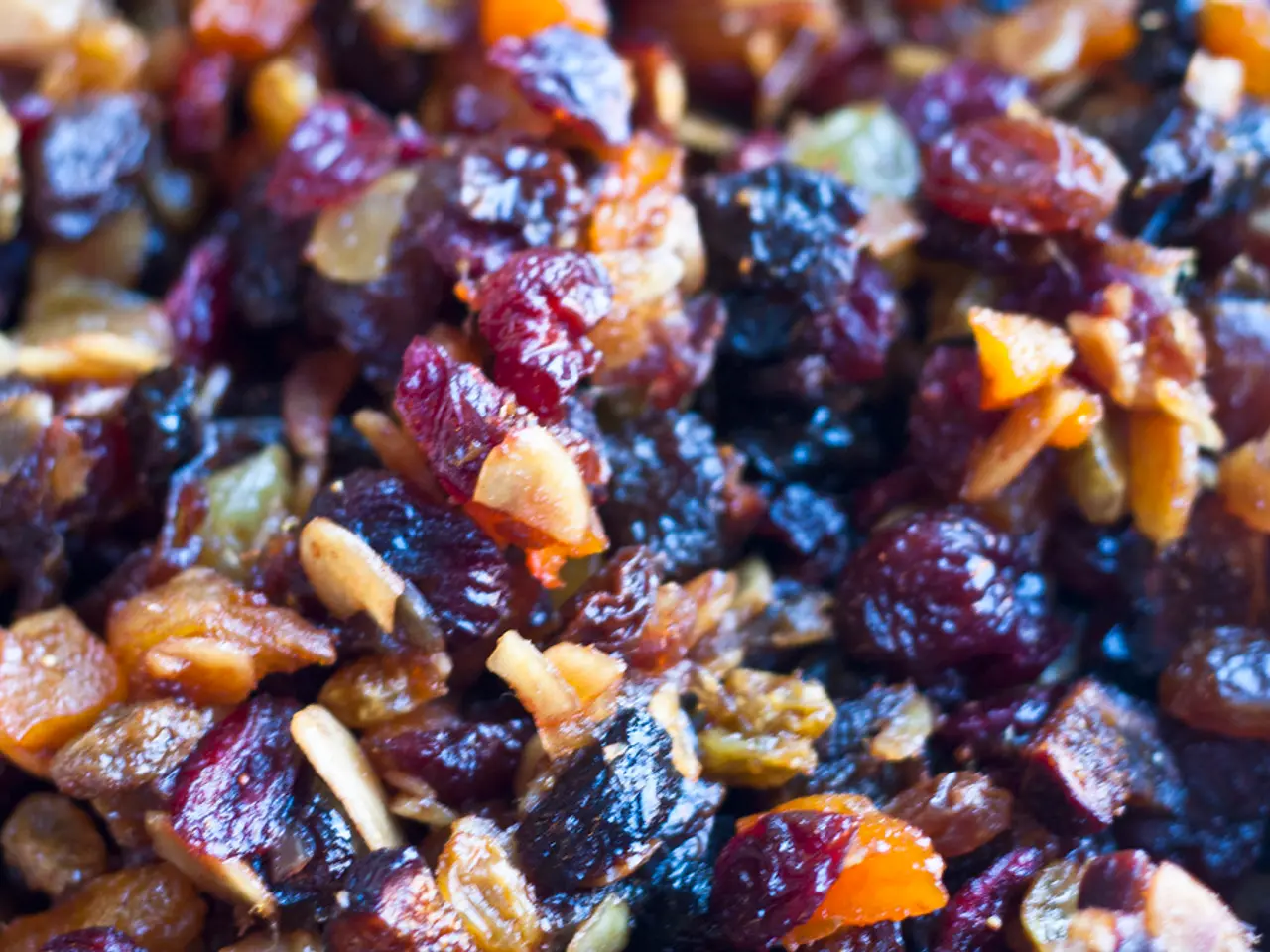Atkins Diet: Stages, Atkins 40, Food Choices and Restrictions
The Atkins Diet, a low-carbohydrate, high-fat diet created by American cardiologist Dr. Robert Atkins in the 1970s, has gained popularity as a weight loss strategy. The diet allows for a variety of nutrient-rich foods, such as broccoli, salad greens, asparagus, low-sugar fruits, complex carbs like legumes and whole grains, plant fats like nuts, avocado, and olive oil, and seeds. However, its suitability during pregnancy and breastfeeding requires careful consideration.
**Potential Benefits:**
For women with conditions like polycystic ovary syndrome (PCOS), which affects fertility and is linked to insulin resistance, moderate low-carb diets can improve hormone profiles, enhance ovulation, and potentially improve fertility. Carb reduction lowers insulin, which can help empower ovulation and fertility. A high-fat, low-carbohydrate diet may also reduce inflammation, balance hormones, and support the synthesis of reproductive hormones, potentially optimising fertility and conception chances.
**Potential Risks:**
During pregnancy, carbohydrate needs increase significantly to support the energy demands of the placenta and growing baby as well as hormone production. Very low carb diets like Atkins can restrict the glucose necessary for fetal development, potentially impairing growth and causing low leptin levels that may impair reproduction. Ketogenic or very low-carb diets are generally not recommended for pregnant or breastfeeding women without healthcare provider approval because the fetus and newborn need glucose as a primary energy source for growth and development.
The Atkins diet may lead to nutrient and vitamin deficiencies due to its restrictive nature, which can be particularly harmful during pregnancy and breastfeeding when nutritional demands are higher. Other side effects include possible constipation, vitamin deficiencies, decreased bone density, and kidney stones, which could complicate pregnancy or postpartum health. Sustaining a strict low-carb ketogenic diet is difficult long-term, and improper fat consumption may increase LDL cholesterol levels, posing cardiovascular risks.
**Recommendations:**
Moderate low-carb diets with an emphasis on complex carbohydrates (whole grains, legumes, fruits, starchy vegetables) during pregnancy and conception are suggested to maintain adequate glucose supply while managing insulin and hormonal balance. Any low-carb dietary approach during pregnancy or breastfeeding should be closely supervised by healthcare providers to balance the benefits of improved metabolic health with the risks to fetal and infant development.
The Atkins Diet provides various premade snacks and shakes that match the diet's requirements and are available for purchase online. Foods to avoid on the Atkins Diet include starchy vegetables, fruits with high sugar content, sweets, refined or simple carbs, and during induction, carrots, apples, and legumes.
The diet consists of four phases: Induction, Ongoing weight loss, Premaintenance, and Lifetime maintenance. In Phase 1 (Induction), a person consumes less than 20 grams of carbs each day. In Phase 2 (Ongoing weight loss), a person gradually introduces nutrient-dense and fiber-rich foods as additional sources of carbs. In Phase 3 (Premaintenance), dieters increase their carbs intake by 10 g each week. In Phase 4 (Lifetime maintenance), the dieter starts adding a wider range of carbs sources, while carefully monitoring their weight to ensure it does not go up.
In later stages of the Atkins Diet, a person can add 10 grams of net carbs each week when they are within 5-10 pounds of their target weight. Net carbs are the total carbs minus fiber and sugar alcohols. A day's menu on the Atkins Diet might include a cheese omelette for breakfast, chicken salad with nuts and cucumbers for lunch, meatballs with vegetables for dinner, and snacks like a hard-boiled egg, Greek yogurt, or nuts.
However, it's important to note that there is not enough clinical data to examine the long-term effects of the Atkins diet on a pregnant or breastfeeding mother and her child. Reducing adding sugars as well as high glycemic carbohydrates rather than a strict Atkins or keto diet is the approach recommended by some dietitians for pregnant or breastfeeding women.
In conclusion, while moderate low-carb diets may improve fertility and hormonal health, a strict Atkins or ketogenic diet during pregnancy or breastfeeding carries significant risks related to insufficient glucose supply and nutrient deficiencies. Careful dietary planning and medical supervision are essential.
- The Atkins Diet, a type of diet that revolves around low-carbohydrate and high-fat consumption, is known for its potential benefits, particularly for women with conditions like PCOS, as it can improve hormone profiles and fertility.
- However, during pregnancy and breastfeeding, the suitability of a low-carb diet like the Atkins Diet requires careful consideration, as very low carb diets might restrict the glucose necessary for fetal development, potentially impairing growth.
- The keto or very low-carb versions of the Atkins Diet are generally not recommended for pregnant or breastfeeding women without healthcare provider approval, as the fetus and newborn need glucose as a primary energy source for growth and development.
- Despite the benefits of the Atkins Diet for weight loss and health-and-wellness, it may lead to nutrient and vitamin deficiencies due to its restrictive nature, which can be harmful during pregnancy and breastfeeding when nutritional demands are higher.
- Other potential risks associated with the Atkins Diet include possible constipation, vitamin deficiencies, decreased bone density, and kidney stones, which could complicate pregnancy or postpartum health.
- Moderate low-carb diets with an emphasis on complex carbohydrates during pregnancy and conception are suggested to maintain adequate glucose supply while managing insulin and hormonal balance.
- The diet consists of four phases: Induction, Ongoing weight loss, Premaintenance, and Lifetime maintenance, each with varying levels of carbohydrate intake.
- In the later stages of the Atkins Diet, a person can gradually increase their net carbs intake, which is the total carbs minus fiber and sugar alcohols, as they approach their target weight.
- While some dietitians recommend reducing adding sugars and high glycemic carbohydrates, there is not enough clinical data to examine the long-term effects of the Atkins diet on a pregnant or breastfeeding mother and her child, making careful dietary planning and medical supervision essential.




